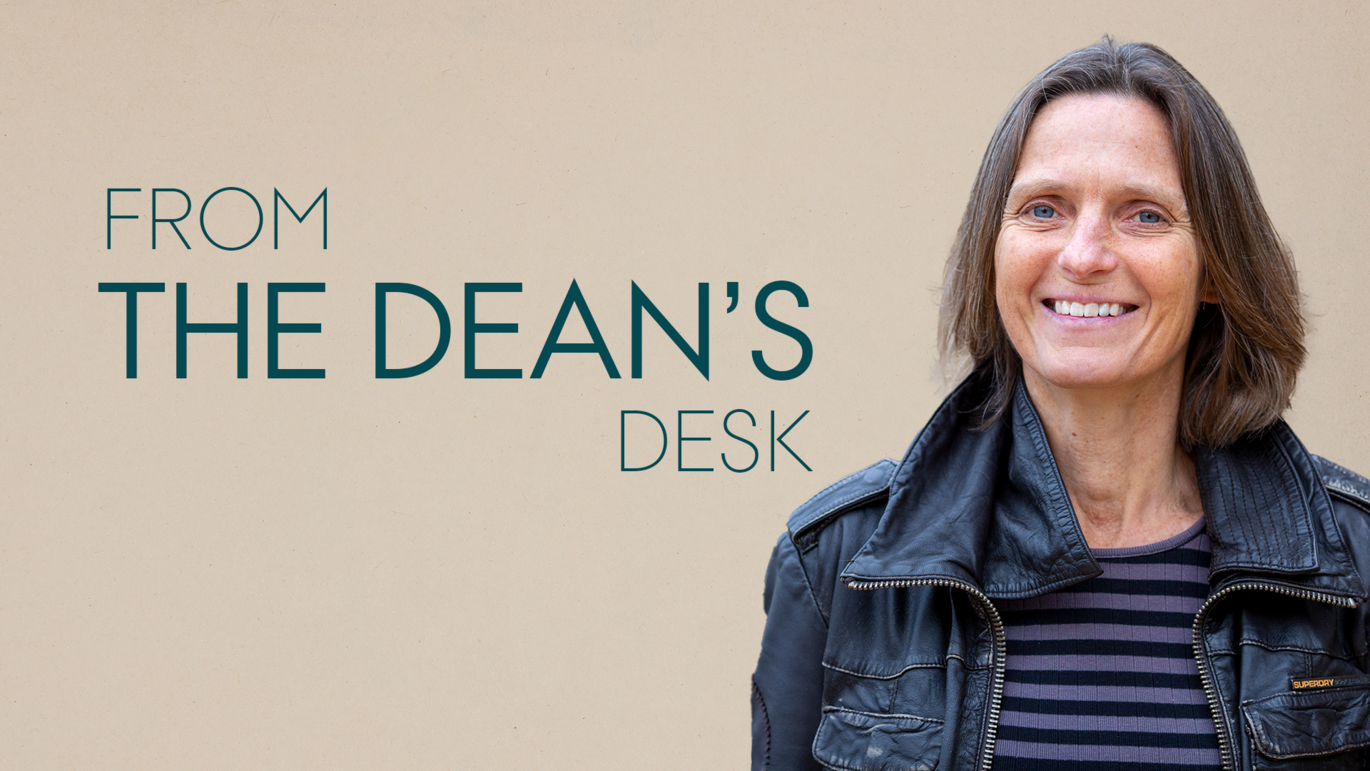Is health research at a crossroads?
What are the implications of our new geopolitical reality for health research? The dilemmas are many. But healthcare research is no less relevant in a time of crisis.

Every day confronts us with a new story about yet another major upheaval in the world. The vast majority of these stories don’t impact our day-to-day work directly, so we may not give much thought to the question of how the new world (dis)order might affect our research.
At Health, we have historically kept our distance from defence-related research and from collaborating with companies that supply components to the military and the defence industry.
But there’s no getting around the fact that health research has a crucial role to play in times of war, crisis and catastrophe. Advances in research can help save lives, reduce suffering and contribute to human resilience in times of crisis. We saw it during Covid-19, and now that the United States has shut down over 80% of their global aid and development programmes, the need to bolster health research will only continue to grow, in a global as well as national perspective.
At the same time, we’re seeing an increasing tendency for research funding allocation to align with the the security and preparedness agenda. And we must not hesitate: we must be proactive here, and we must apply for funding, including funding that aligns with this new agenda.
The new geopolitical situation raises a number of complex issues. For example, when it comes to dual use: research that has both civilian and military applications.
In the context of health research, CRISPR technology is an example of dual use: it can be used to develop new medicine, but it can also be used to develop harmful biological agents. Virology is another example: it can result in better treatments and vaccines, but it can also be used to develop biological weapons.
We must consider the role of the health sciences in a society whose priorities have been fundamentally realigned. As I see it, the question is not whether we should get involved but how we do so intelligently and ethically.
There are a lot of dilemmas and no simple answers here. But we must do everything we can to ensure that health research remains relevant and an indispensable priority in a word in which security and preparedness are at the top of the agenda.